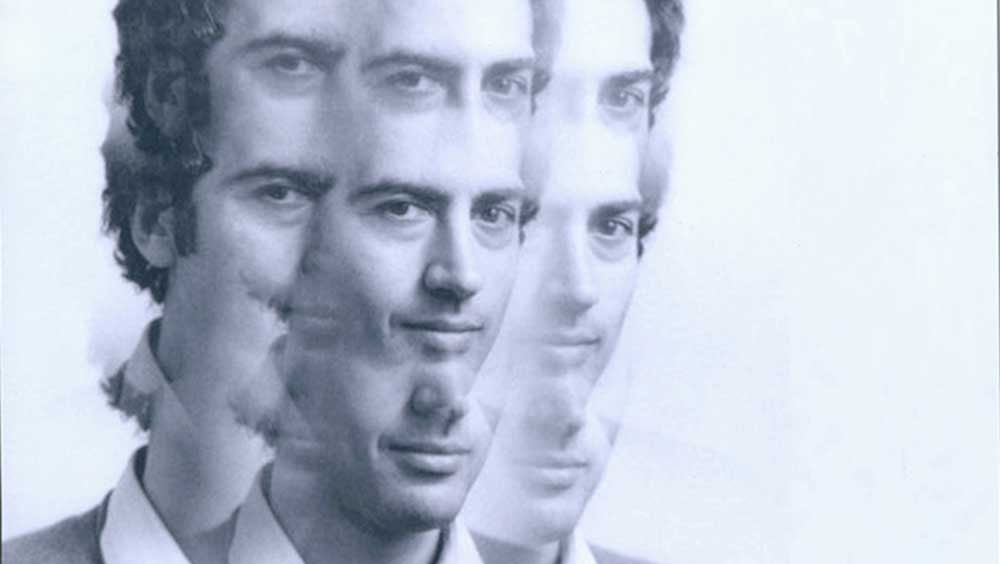The role of Sergio Martino within the Italian cinema universe is accurately and methodically analysed by Ernesto Gastaldi in the preface to Martino’ autobiography: «66 directions, 44 screenplays, 5 films as director of production. A record of work and success».1 Who was Sergio Martino? In the above mentioned book he explains it in his own words, with a definition of himself as «an eminent trash director, this is how I like to think of myself nowadays, as I try to balance the insults from the critics at the release of my works, in the 70s and 80s, with the praises from the new generations».
For a long time, however, despite being extraordinarily prolific and despite the surprising balance between the quantity and quality of his movies, director Sergio Martino was simply considered as “Luciano’s brother”, the latter no doubt being an illuminated producer and captain of industry, but complementary to his younger brother, rather than overwhelming. In the golden years of Devon production company (later called Zenith, and then Dania) Sergio and Luciano basically explored – with mutual respect for their different roles and professions – all the genres of pop cinema, discovered faces and bodies of several actors (above all Edwige Fenech, but the list could be extremely long and include Nicole Kidman as well), traveled the world and offered the audience exactly what the audience wanted: a show, and always in different forms. There were the years of the scary movies, created by using estranging wide-angle lenses, dizzying zooms, unrealistic primary colours and frosted images, up to the proliferation – at the beginning of the ’70s – of psycho-thrillers.
Blade of the Ripper and following brought to success the terrified and terrifying faces of Edwige Fenech, George Hilton, Anita Strindberg and Ivan Rassimov, that made in Italy fear which nowadays has followers throughout the whole world. Then came the detective stories, with Luc Merenda and Claudio Cassinelli on the rise and the political subtexts crawling within car chases and fights as in The Violent Professionals, Silent Action or in Too Young to Die. Finally, the great season of laughter (in episodes, but not only) which legitimated Martino as the undisputed Emperor of a sexy and yet polite comedy, with an eye to the carnal needs of the time, but always preferring a good line to a gratuitous nude. Yes, the titles (often created by Luciano) promised something utterly different (one for all, the archetypal Giovannona Long-thigh), but those were the demands of a business which often rewarded the Martino brothers with huge earnings. Fenech, but also Barbara Bouchet, Lino Banfi, Gigi & Andrea entered the universe of a new (Italian style) comedy which perhaps was of a lower level if compared to its older sister, but which definitely had a great success among the public. Another of its faces was Marty Feldman, which granted a genre traditionally confined within its national boundaries a ticket abroad. However, Martino also represented a synonym of movie world, western, tear-movie (the underestimated and yet extremely sophisticated La bellissima estate), cannibalistic horror and international action spy stories. Above all, he gave post apocalyptic science-fiction two titles such as 2019: After the Fall of New York and Hands of Steel, two imaginative reconstructions of different worlds realised with makeshift means thanks to a rare imagination. An inventiveness which in those years made our cinema a competitive and winning export product on the abroad markets. A creativity which in his films Sergio Martino always used with that great modesty, professionalism and elegance that characterised him, as a director and as a man.
Premio Urania d’argento Sergio Martino






